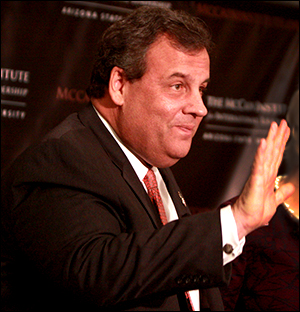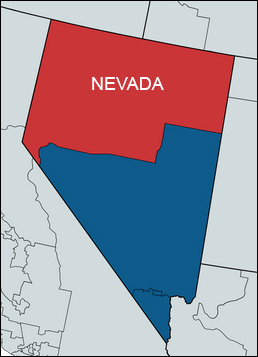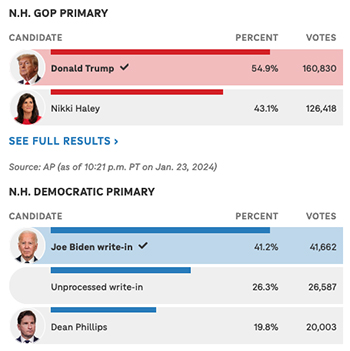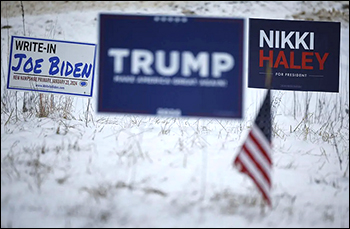By Jim Ellis — Friday, March 29, 2024
President
No Labels: Christie Says No — The No Labels Party is seemingly having a difficult time either choosing a presidential nominee or having someone accept their offer to run on their ballot line. A story emerged that former New Jersey governor and ex-presidential candidate Chris Christie (R), after being in negotiations with No Labels, has decided not to pursue entering the 2024 presidential general election as this party’s standard bearer.Christie, in announcing his decision, said “I also believe that if there is not a pathway to win and if my candidacy in any way, shape or form would help Donald Trump become president again, then it is not the way forward.”
The No Labels membership has voted to field a presidential ticket, but so far, the leadership has not brought forth a national candidate pairing.
House
Florida Redistricting: Federal Judicial Panel Rejects Plaintiffs’ Arguments — A three-judge federal panel has rejected a lawsuit claiming that the Sunshine State congressional map violates the 14th and 15th Amendments to the US Constitution. The ruling’s result means that the current plan will remain in place.
The Florida map, from which the district electorates chose 20 Republicans and eight Democrats, is the Republicans’ strongest, nationally. Therefore, not changing this plan boosts GOP chances of maintaining their small majority.
SC-1: District Looks to Stand — With the South Carolina candidate filing deadline upon us on April 1 and the US Supreme Court so far not ruling on the redistricting case before them, the original three-judge panel has taken action. The federal jurists who initially declared the Palmetto State’s 1st District (Rep. Nancy Mace-R) a racial gerrymander ruled yesterday that the current configuration can stand for the 2024 election. The panel acted because SCOTUS has failed to issue their decision after hearing oral arguments and considering that the filing deadline is Monday.
The fact that the high court has not yet ruled suggests that the district will stand. Though the lawsuit was targeted to the racial complexion of the 1st District, changing this seat will invariably alter at least one other. South Carolina has seven districts that are split in in a 6R:1D ratio.
NH-2: First Candidate Announcement — A day after six-term New Hampshire US Rep. Annie Kuster (D-Hopkinton) announced that she will not seek re-election, a former gubernatorial nominee came forward to declare for the seat. Executive Councilor Colin Van Ostern (D), who held now-Gov. Chris Sununu (R) to an initial 49-47 percent victory in 2016, officially threw his hat into the congressional political ring.
New Hampshire’s 2nd is a politically marginal district that leans Democratic. Republicans will certainly contest the seat, but the quick Van Ostern move suggests he will become the early favorite not only for the Democratic nomination, but to hold the seat in November.
The New Hampshire filing deadline is not until June 14, so potential candidates have considerable time to make their decisions. Crowded fields are expected in both parties, but possibly less so for the Democrats now that Van Ostern has declared his intentions so quickly.







